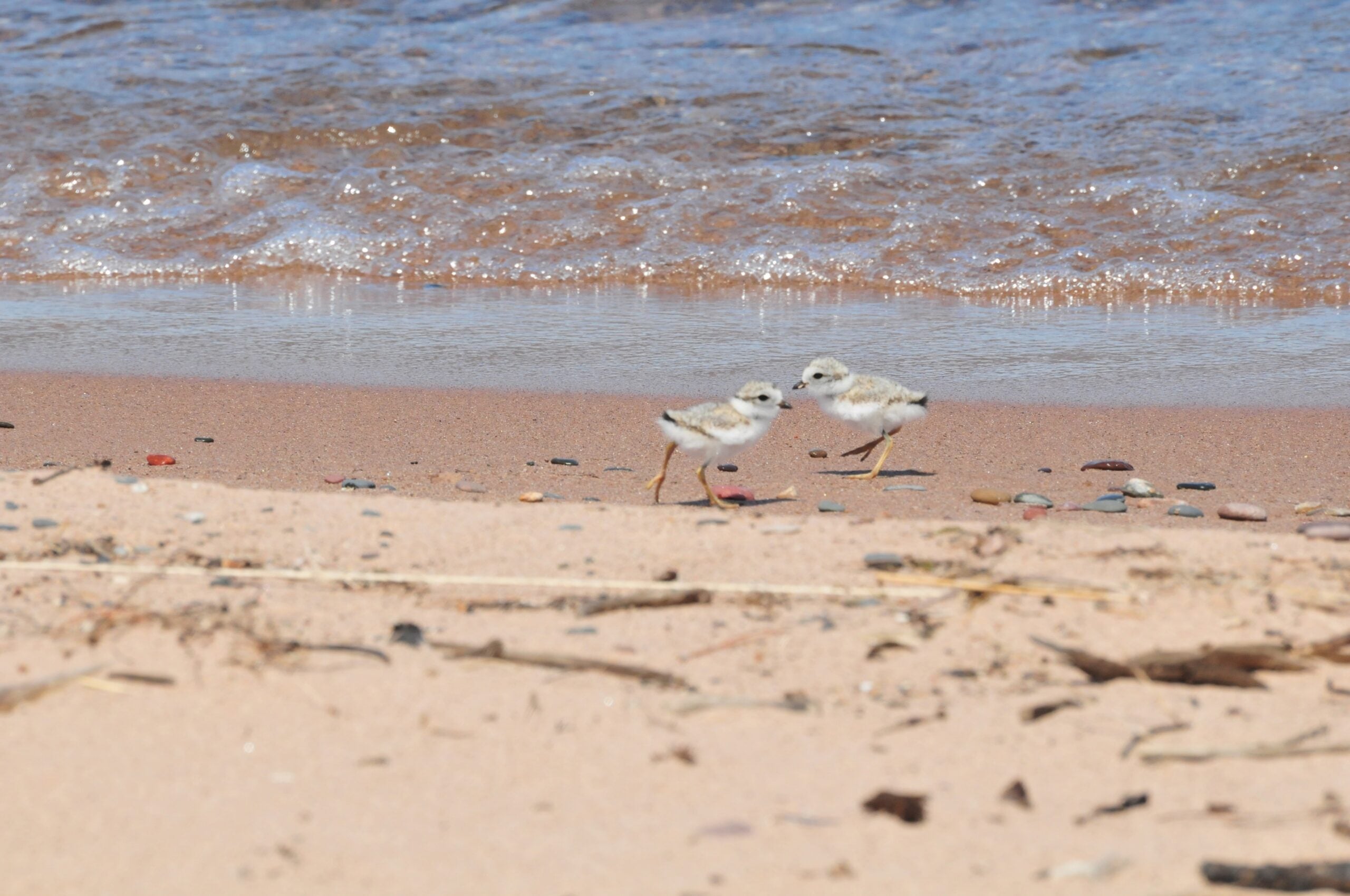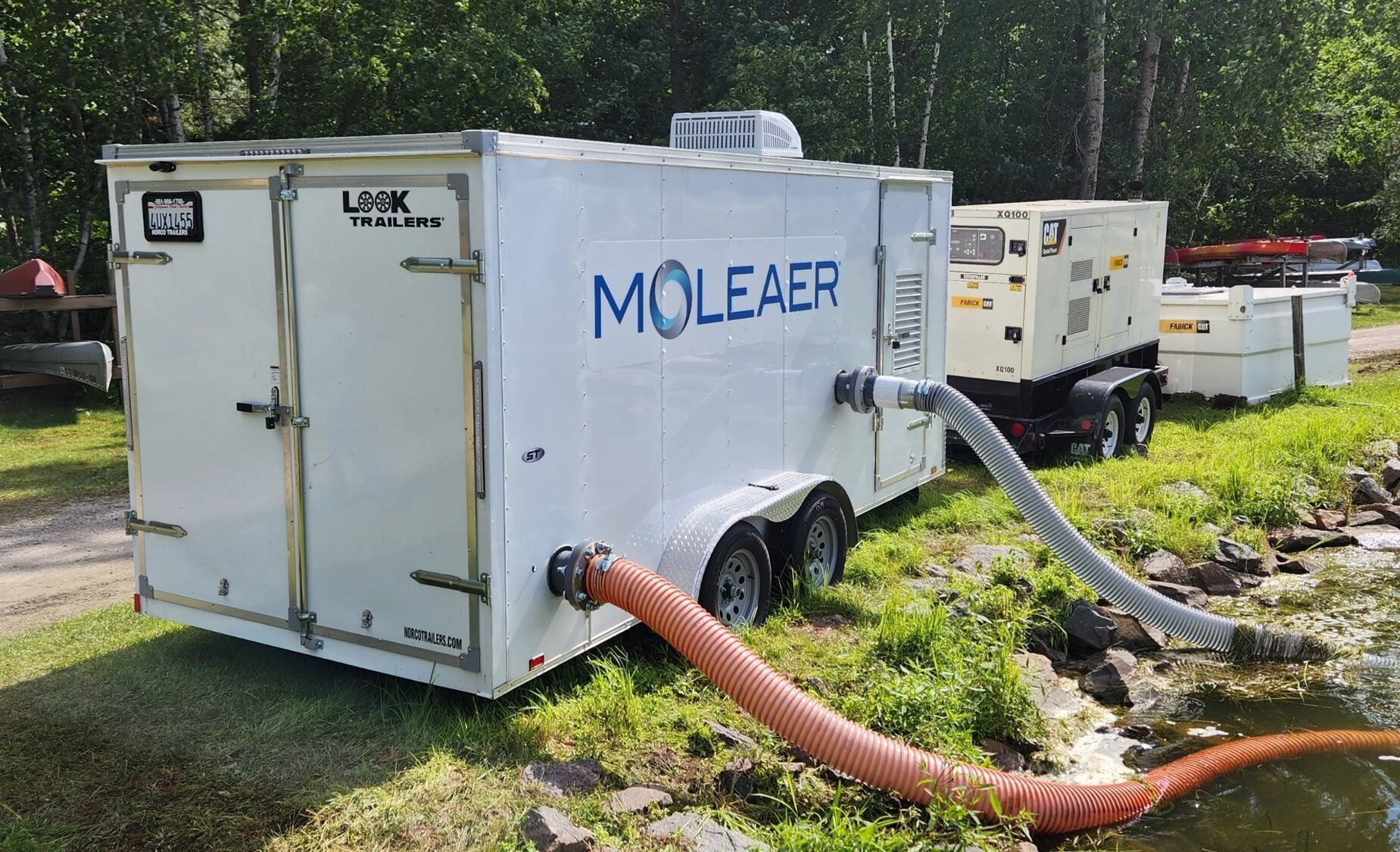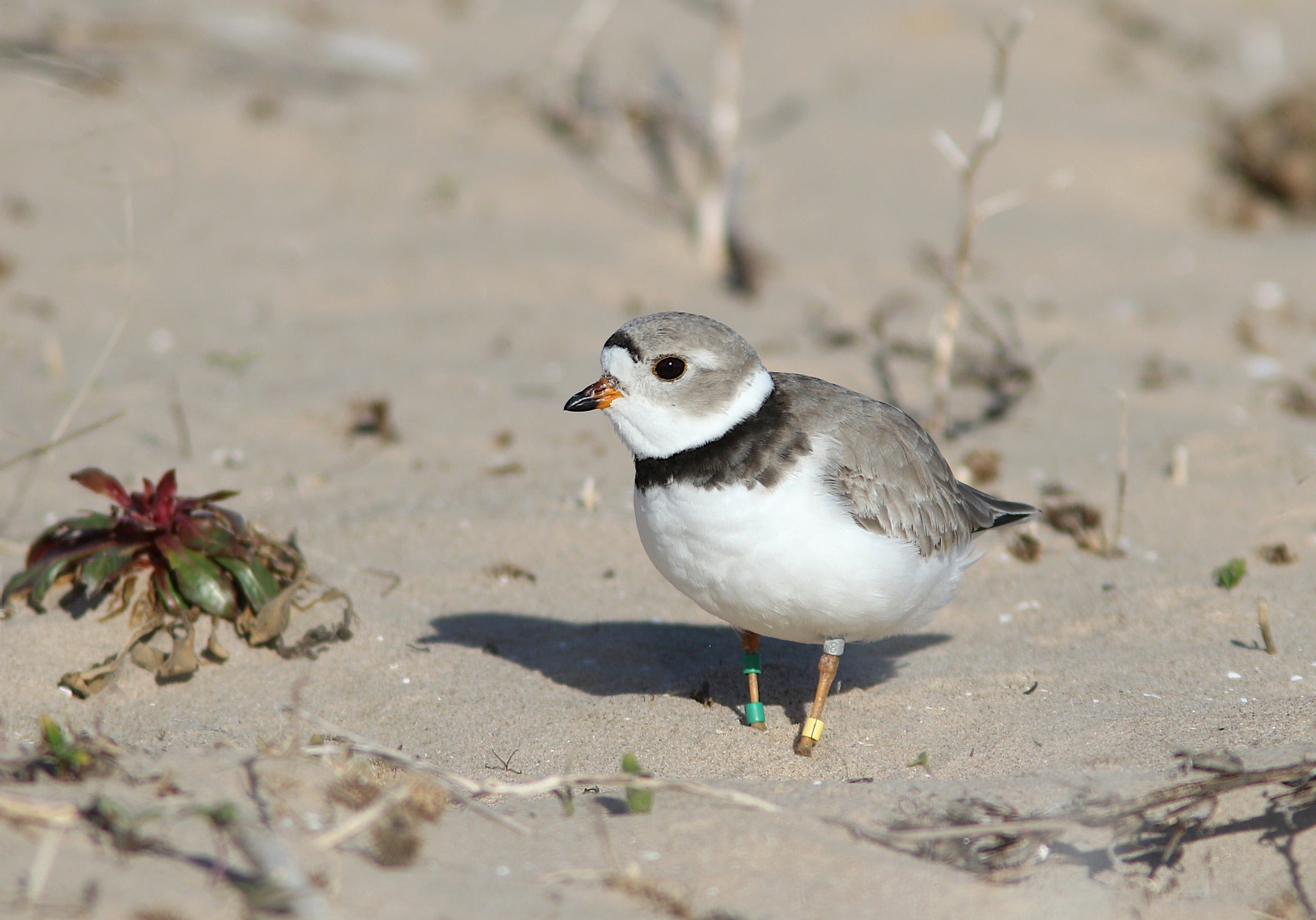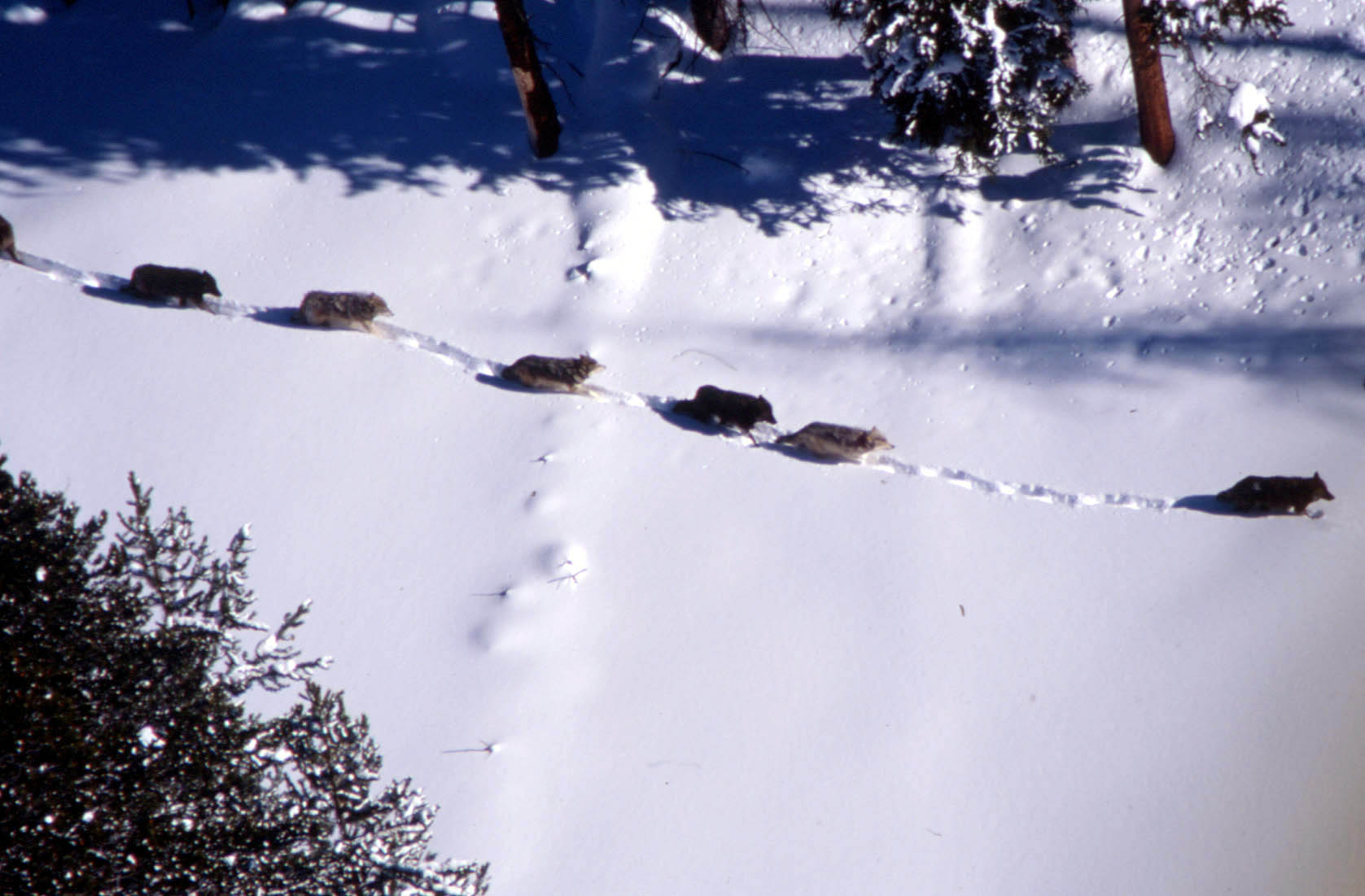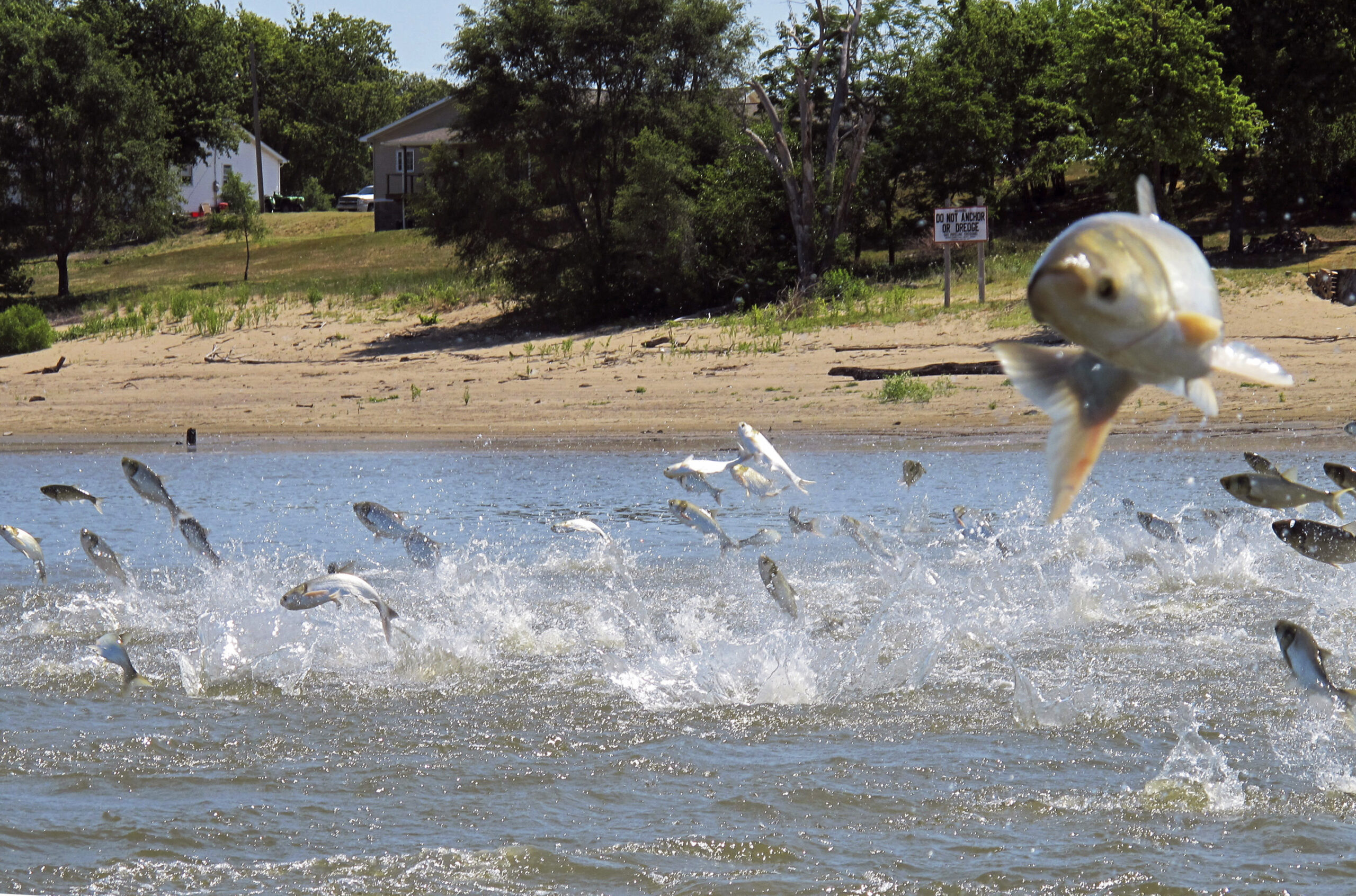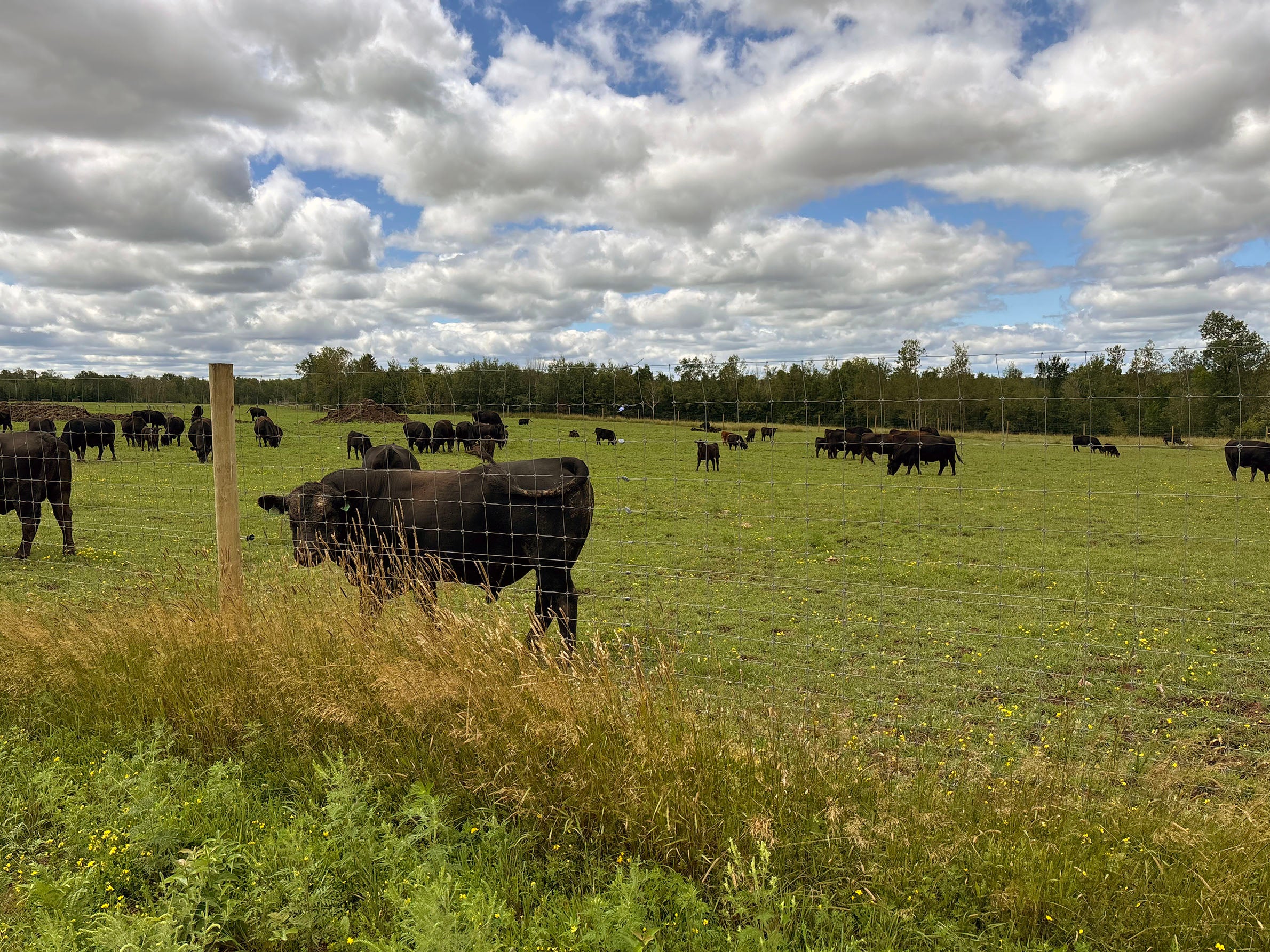A conservation group is seeking to temporarily close a section of Lake Superior beach next spring as part of an effort to encourage endangered shorebirds to return and nest in areas where they once thrived.
Piping plover haven’t nested in the Twin Ports since the mid-1980s, according to Kris Eilers, executive director of the St. Louis River Alliance. Eilers said people who walk their dogs or light fires on the beach are obstacles to the birds’ recovery on Wisconsin Point’s Shafer Beach. The plovers’ nests and eggs are susceptible because they are often difficult to see.
“We want people to have access to the beach, but there’s another six miles of beach,” she said. “This is just a really small part.”
News with a little more humanity
WPR’s “Wisconsin Today” newsletter keeps you connected to the state you love without feeling overwhelmed. No paywall. No agenda. No corporate filter.
Roads leading to the beach were gated off to restrict access earlier this year. Eilers said only one road should have been closed, but miscommunication resulted in restricted access to a second. That rankled some local officials like Douglas County Board Supervisor Keith Allen, who said he took issue with the public’s limited access to the shoreline.
“If they can make that project doable, I hope it works and I hope the piping plovers nest like crazy,” Allen said. “But, just don’t block off all the access to the lake.”
Allen, who chairs the county’s land and development committee, said a compromise was approved that would allow the group to close just one road this upcoming beach season, along with the beach area where birds have been spotted. Committee member Dave Conley said they hope it will improve access while protecting the piping plovers.
“Last year, when both roads were closed, it was much more restrictive for accessing that portion of the beach, although the beach technically was still open,” he said.
Conley said he supports the effort to restore piping plover on Wisconsin Point. However, he questioned the area’s proximity to the city’s landfill, which draws in crowds of seagulls.
“Gulls are predators to the young plovers,” he said.
Eilers said the site was chosen because it provides suitable habitat for the endangered shorebird. She added that two male piping plovers were spotted on Wisconsin Point this year.
“The males are really seeking some breeding grounds in earnest and they’re checking out historical sites,” she said, noting high water levels also seem to be playing a role in their movement.
As a result of the committee’s decision, Eilers said they’re planning to hire local police to help keep people out of the area.
“It’s not going to be 24/7 or anything like that,” she said. “We just don’t have that kind of budget. But there will be some law enforcement presence.”
Eilers said they’re hoping to close the section of the beach from mid-April to mid-June when piping plovers typically nest. The alliance has been using a roughly $250,000 grant from the U.S. Fish and Wildlife Service to aid in the bird’s recovery. The agency awarded them another $48,000 to continue the project into next year.
Wisconsin Public Radio, © Copyright 2026, Board of Regents of the University of Wisconsin System and Wisconsin Educational Communications Board.

